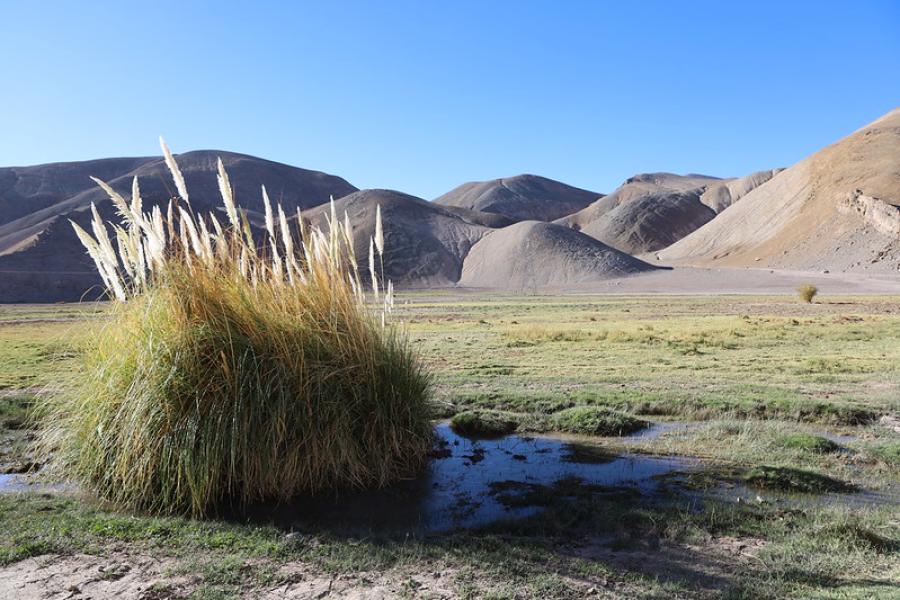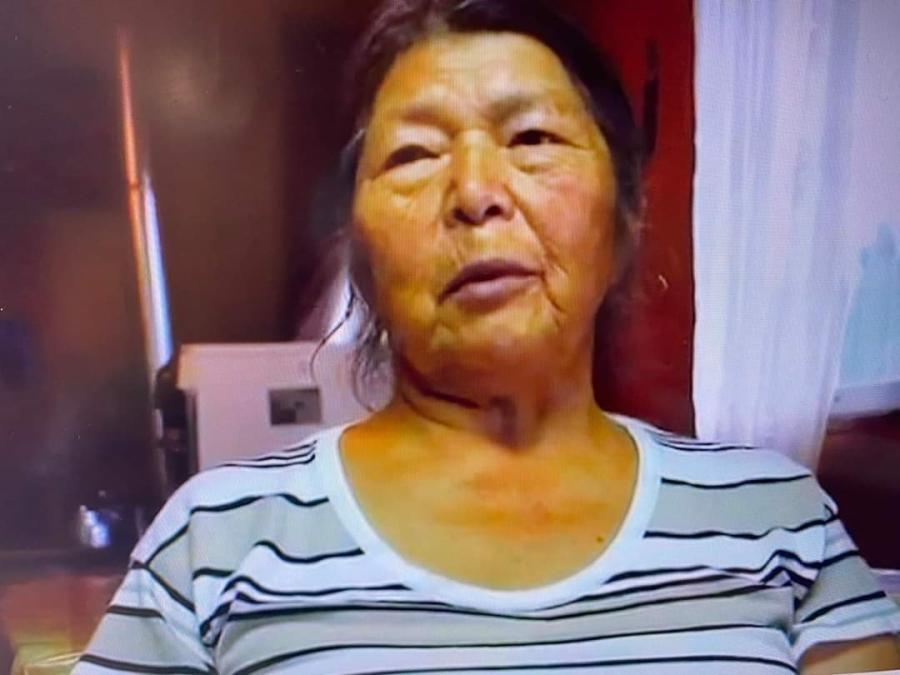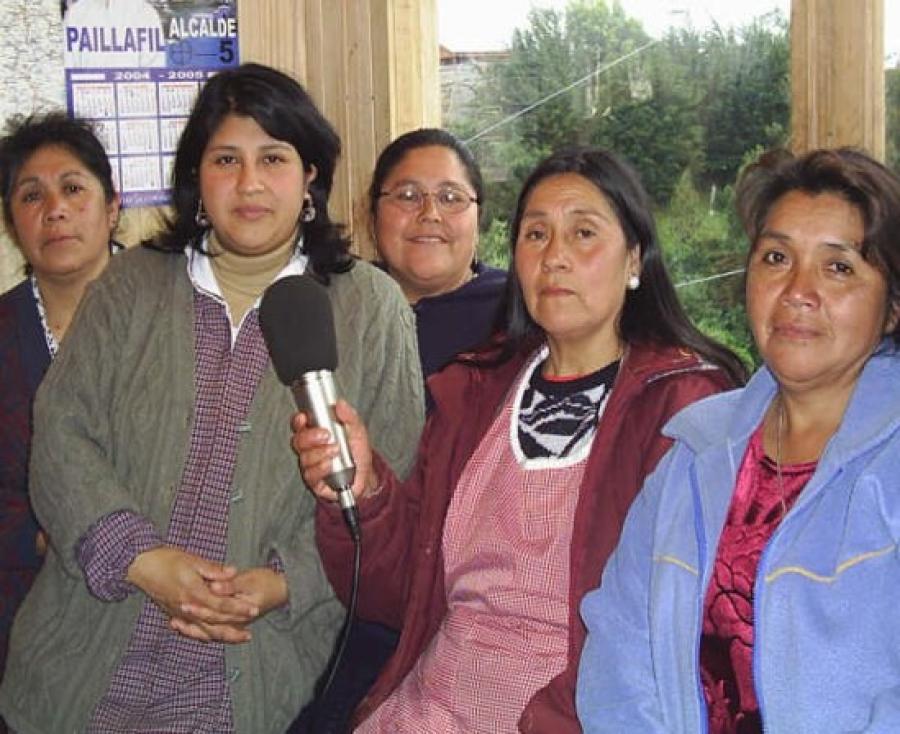
Photo: Mapuche march in Chile. By Esteban Ignacio on Flickr, licensed under Creative Commons.
In July 2018, Cultural Survival submitted a stakeholder report on the observations of the state of Indigenous human rights in Chile as part of the 32nd Session of the United Nations Universal Periodic Review. The UN General Assembly established the Universal Periodic Review (UPR) along with the United Nations Human Rights Council on March 15, 2006. Its purpose is to review the human rights records of the 193 UN member states, addressing the states’ obligations to respect, protect, and fulfill human rights, and to provide technical assistance to the states being reviewed. The 193 member states are divided into groups that alternate review cycles. The 3rd cycle of the UPR will last five years.
The report submitted by Cultural Survival, along with the state report from Chile and reports from additional human rights experts, will assist the UPR Working Group in reviewing the Chilean State in accordance with its obligations to the international human rights treaties it has ratified, the United Nations Declaration of Human Rights (UDHR), and the United Nations Declaration on the Rights of Indigenous Peoples (UNDRIP).
Ongoing Issues
In its report, Cultural Survival documents the failure of the Chilean State to respect, protect, and fulfill the human rights of Indigenous Peoples. These responsibilities are mandated by the UDHR, UNDRIP, and various human rights treaties that Chile has ratified, most notably the International Convention Against Torture, the International Convention on Civil and Political Rights, the International Convention on Economic and Social Rights, and the International Convention to End Racial Discrimination. Chile is the only South American country not to recognize Indigenous Peoples in its constitution. Indigenous Peoples in Chile face discrimination, stereotyping, criminalization, land-grabbing, and restrictions on their right to freedom of expression.
One area of immediate concern is the labeling of Indigenous Peoples as “terrorists,” especially those at the forefront of Indigenous rights movements. It is a practice that functions to criminalize Indigenous human rights defenders using an Anti-Terrorism Law established under the brutal dictatorship of Augusto Pinochet. President Piñera amended the Anti-Terrorist Law in March 2016 to allow for even greater power in the hands of law enforcement to monitor individuals suspected of “terrorism” despite criticism from the UN Special Rapporteur on Counter-Terrorism, the International American Committee on Human Rights, and previous UPR recommendations. Cultural Survival documents incidents involving both the planting of evidence by the Chilean State Police Force to falsely accuse traditional Indigenous leaders of “terrorism” and subsequent illegal detentions that violate their rights to due process.
Cultural Survival also documents the violation of Free, Prior, and Informed Consent (FPIC) by multinational corporations and the role of the Chilean Government in the negligence of this international right. FPIC is recognized by the UN, most notably in the Declaration of the Rights of Indigenous Peoples (UNDRIP), and functions to ensure that Indigenous Peoples be informed of developments on their lands, have a right to consent to such developments or to refuse to allow them, and have the right to veto any future developments regardless of consent to current projects. Indigenous communities in Chile, however, continue to be excluded from decision-making processes for the use of their ancestral lands, despite prior UPR recommendations addressing Chile’s compliance with FPIC and Chile’s own recognition of the right as exhibited by its ratification of the International Labor Organization co. 169 and the fact that it signed UNDRIP. Cultural Survival’s report shows the damaging effects of extractive industries such as mining, hydroelectric dams, agribusiness, and forestry that operate on Indigenous lands without the communities’ consent. Such effects include environmental degradation, economic disenfranchisement, cultural loss, and violent conflict.
A final point of concern is legislation that discriminates against Indigenous community radio, violating Indigenous Peoples’ rights to freedom of expression. Legislation such as the General Telecommunications Law implement unreasonable requirements for broadcasting licenses, for example, fees that are out of the economic reach of Indigenous communities. The right to freely express one’s views is also regularly violated by state law enforcement entities that use violent force to intimidate and subdue Indigenous protesters. Cultural Survival documents raids on community radio stations, arrests, and harassment of community media operators in its report.
The Universal Periodic Review for Chile will take place in January, 2019 in Geneva, Switzerland. At the conclusion of the UPR, Chile will receive a final report from the UPR Working Group with recommendations to be implemented before the next review. Cultural Survival has included several recommendations in its report addressing the current state of Indigenous human rights in Chile.
Recommendations
Cultural Survival calls upon the Chilean Government to accept and implement the following recommendations:
-
In continuance of previous UPR recommendations, comply with recommendations from various UN bodies to terminate the use of the Anti-Terrorist Law used to persecute Mapuche leaders and protesters fighting for political and land rights.
-
Ensure that Free, Prior and Informed Consent of Indigenous communities is obtained before any development projects take place on their land.
-
In continuance of previous UPR recommendations, conduct human rights and Indigenous Peoples rights training with police forces; hold police accountable for excessive use of force committed against Indigenous communities during protests, raids, and interrogations. Ensure that the victims of these crimes are given full access to the judicial system.
-
Facilitate and promote right of Indigenous Peoples to their own forms of media by decriminalizing community radio.
-
Invite the UN Special Rapporteur on the Rights of Indigenous Peoples to do a follow up visit to Chile.



